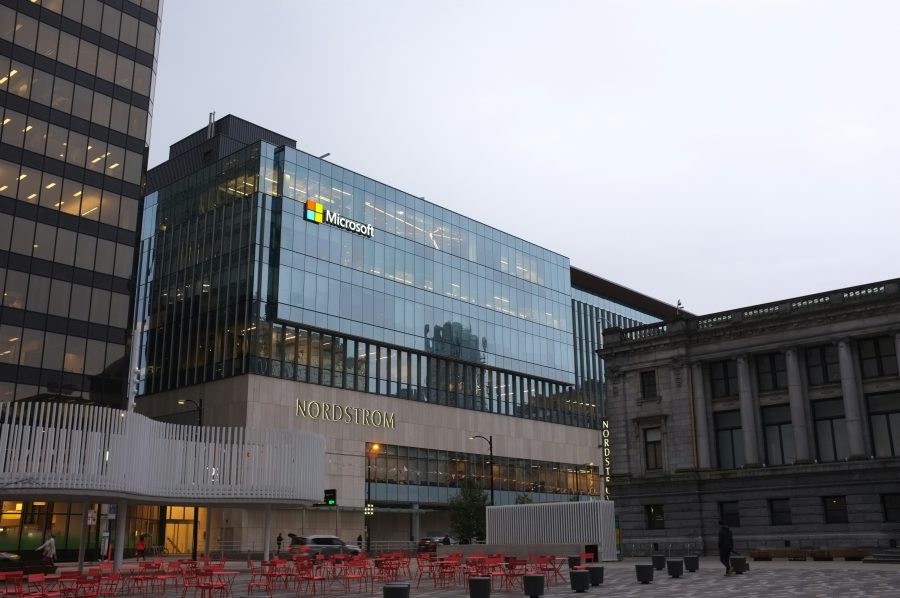Nvidia, the leading global supplier of AI chips, is venturing into a new business domain by creating a dedicated unit for designing custom chips for cloud computing companies and other sectors, including advanced AI processors, according to sources cited in a recent Reuters report. This strategic move aims to tap into the burgeoning market for tailor-made AI chips and safeguard Nvidia’s dominance against the increasing competition seeking alternatives to its products.
Nvidia currently boasts an impressive 80% market share in the high-end AI chip sector. This dominance has significantly contributed to its market value, which has surged by 40% this year to $1.73 trillion, following a more than threefold increase in 2023. Major tech giants such as OpenAI, Microsoft, Alphabet, and Meta Platforms, all avid consumers of Nvidia’s H100 and A100 chips, are now exploring the development of their own custom chips to optimize energy usage and reduce costs.
According to the Reuters reporting, Nvidia’s initiative to assist these companies in developing bespoke AI chips could potentially divert business from competitors like Broadcom and Marvell Technology. The company’s custom chip unit, led by Dina McKinney, a former executive at Advanced Micro Devices and Marvell, focuses on making Nvidia’s technology accessible across various industries, including cloud, 5G wireless, video gaming, and automotive sectors.
The demand for custom chips in data centers is projected to reach $10 billion this year and is expected to double by 2025. The broader custom chip market was valued at approximately $30 billion in 2023, representing about 5% of the global annual chip sales. Nvidia’s entry into this market poses a significant challenge to Broadcom and Marvell, which currently lead in custom silicon design for data centers.
Nvidia’s broader ambitions may extend beyond AI and data centers. The company is reportedly in discussions with telecom infrastructure giant Ericsson for a wireless chip incorporating Nvidia’s GPU technology. Additionally, sources told Reuters that Nvidia aims to penetrate the automotive and video game markets, with plans to target next-generation consoles from Xbox and Sony, as well as a new version of Nintendo’s Switch console expected to feature a custom Nvidia design.










